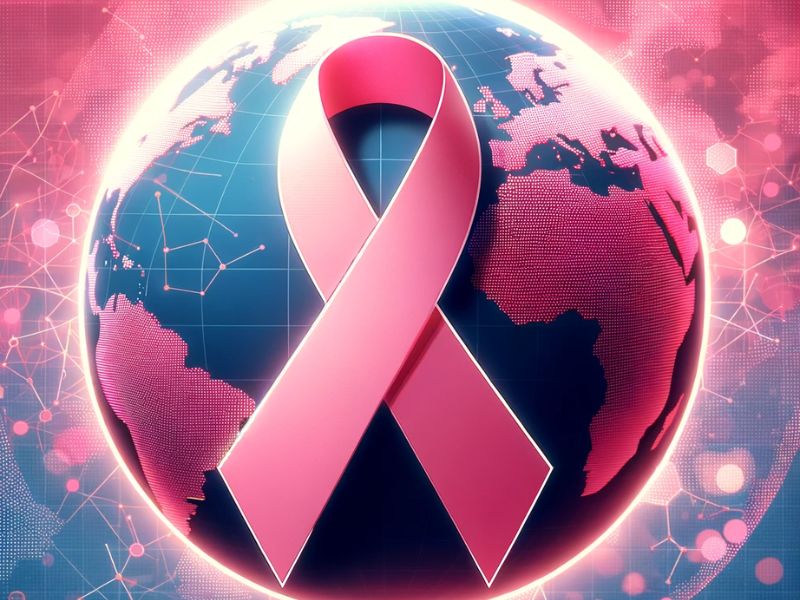
Breast Cancer: A Global Health Emergency
The Fight Against a Disease Affecting Women and Men Worldwide
A Global Health Issue
Breast cancer remains one of the leading causes of death among women worldwide, with 685,000 recorded deaths in 2020. This disease affects women of all ages after puberty and occurs in every country around the world. It is important to note that breast cancer is not exclusive to women: approximately 0.5-1% of cases occur in men, a small percentage that underscores the importance of breast cancer awareness in the male population. Treatments vary based on the type and spread of cancer, combining surgery, radiation therapy, and medications, but the key is early diagnosis, which significantly increases the chances of successful treatment.
WHO Initiative Against Breast Cancer
The World Health Organization (WHO) has launched a new initiative to reduce breast cancer mortality by 2.5% annually, with the goal of saving 2.5 million lives by 2040. This plan focuses on three fundamental pillars: health promotion to encourage early diagnosis, timely diagnosis, and effective treatment. While high-income countries have seen a 40% reduction in breast cancer mortality since 1990, in many low and middle-income nations, the challenge remains to receive a timely diagnosis, with survival rates that can drop below 50%.
Risk Factors and the Importance of Prevention
Major risk factors for breast cancer include metabolic risks, alcohol use, tobacco use, dietary risks, and low physical activity. In recent years, there has been an increase in deaths attributable to metabolic risks, emphasizing the importance of a healthy lifestyle and preventive measures such as regular self-examination. Breast self-examination is a simple yet effective method that women and men can use to detect any abnormalities early. Awareness of one’s body changes and regular visits to the doctor for check-ups can make a difference in the early diagnosis and treatment of breast cancer.
Reducing Inequalities in Breast Cancer Care
The fight against breast cancer requires a global commitment to reduce inequalities in access to care. While high-income countries have made significant progress in reducing mortality, in low and middle-income countries, the disease continues to pose a greater threat. WHO and other international health organizations are working to support early diagnosis, better treatment, and hope for a cancer-free future for all those affected. These efforts are crucial to address the growing burden of breast cancer and ensure that no one is left behind in the fight against this disease.



